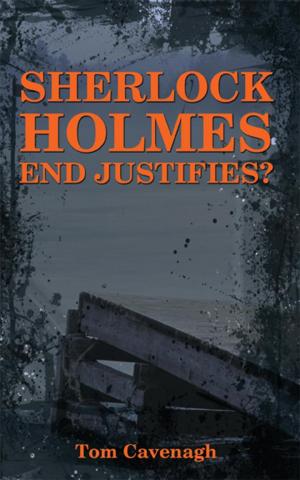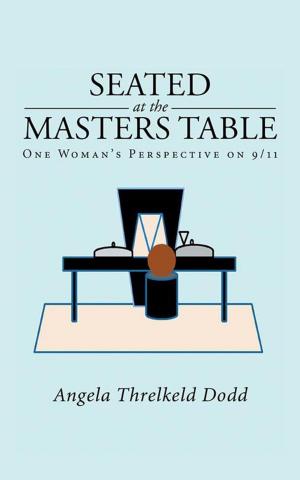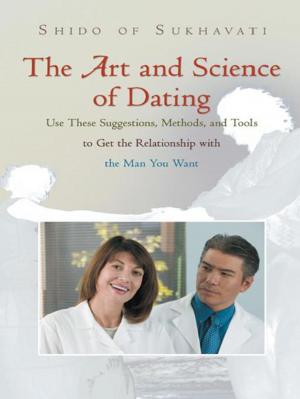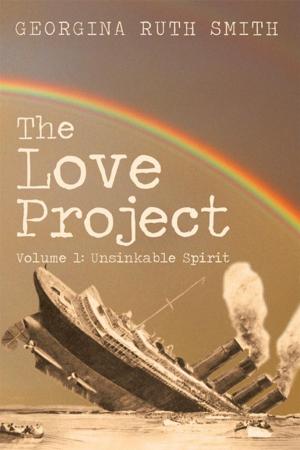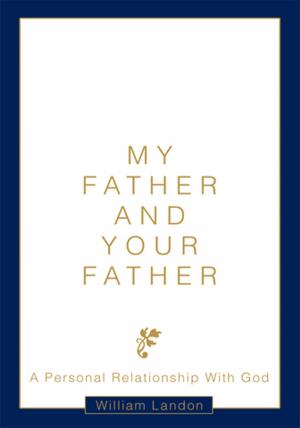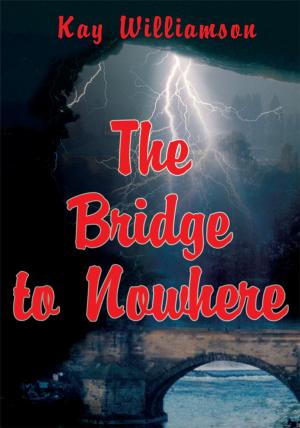The Funny Risen Jesus. Elias Christology Now!
The Funny Risen Jesus. Elias Christology Now!
Biography & Memoir, Religious, Nonfiction, Religion & Spirituality, Theology, Christianity| Author: | Elias Rinaldo Gamboriko AJ. Ph.D | ISBN: | 9781475930085 |
| Publisher: | iUniverse | Publication: | June 4, 2012 |
| Imprint: | iUniverse | Language: | English |
| Author: | Elias Rinaldo Gamboriko AJ. Ph.D |
| ISBN: | 9781475930085 |
| Publisher: | iUniverse |
| Publication: | June 4, 2012 |
| Imprint: | iUniverse |
| Language: | English |
The 21st Century Church is in crisis. Throughout various Christian denominations humanity is lost on its definition about the Messiah and how they personally relate to him at individual level. Compared to other complement religious faiths, Christianity can be said to have lost its actual interpretation about the suffering, death and resurrection of the Son of Man. Christians are also responsible for wondering away from the true faith given the rebellious nature of man and love for the creation rather than the Creator Himself. As a result, many people have found comfort in things that do not satisfy and largely deviate from the teaching of our Lord about seeking his Kingdom first and the rest to follow.
In Christology, change is almost the source of uncertainty and a measure of fear and anxiety. For many, this fear is difficult to manage, and it causes various reactions. Some negative reactions to accept Christ include denial, ignorance, isolation, anger, resistance and resentment. These reactions can cause serious effects on the environment in which the change is taking place. The results can be oppression, suppression, violence, and lack of self-control.
A personal brief Christological study will reveal such reactions when humanity lacks a clear definition and relation with Christ. The drastic transition taking place in social structures and the shifting of the long held beliefs is destroying the defining lines between Christ and Humanity. The impact of these confusing ideas has been always negative where humanity no longer upholds to the teachings of the church. Many people suffer violence and murder, children have become victims of resentment and Christianity bears the scars of deterioration. This book addresses answers to these critical occurrences from the perspective of modern Christology. The purpose, the relationship and role of human experience is explored, presented and supported by biblical concepts in line with the original concept of creation and why Christ had to be presented as the Son of Man; in human flesh.
The 21st Century Church is in crisis. Throughout various Christian denominations humanity is lost on its definition about the Messiah and how they personally relate to him at individual level. Compared to other complement religious faiths, Christianity can be said to have lost its actual interpretation about the suffering, death and resurrection of the Son of Man. Christians are also responsible for wondering away from the true faith given the rebellious nature of man and love for the creation rather than the Creator Himself. As a result, many people have found comfort in things that do not satisfy and largely deviate from the teaching of our Lord about seeking his Kingdom first and the rest to follow.
In Christology, change is almost the source of uncertainty and a measure of fear and anxiety. For many, this fear is difficult to manage, and it causes various reactions. Some negative reactions to accept Christ include denial, ignorance, isolation, anger, resistance and resentment. These reactions can cause serious effects on the environment in which the change is taking place. The results can be oppression, suppression, violence, and lack of self-control.
A personal brief Christological study will reveal such reactions when humanity lacks a clear definition and relation with Christ. The drastic transition taking place in social structures and the shifting of the long held beliefs is destroying the defining lines between Christ and Humanity. The impact of these confusing ideas has been always negative where humanity no longer upholds to the teachings of the church. Many people suffer violence and murder, children have become victims of resentment and Christianity bears the scars of deterioration. This book addresses answers to these critical occurrences from the perspective of modern Christology. The purpose, the relationship and role of human experience is explored, presented and supported by biblical concepts in line with the original concept of creation and why Christ had to be presented as the Son of Man; in human flesh.


